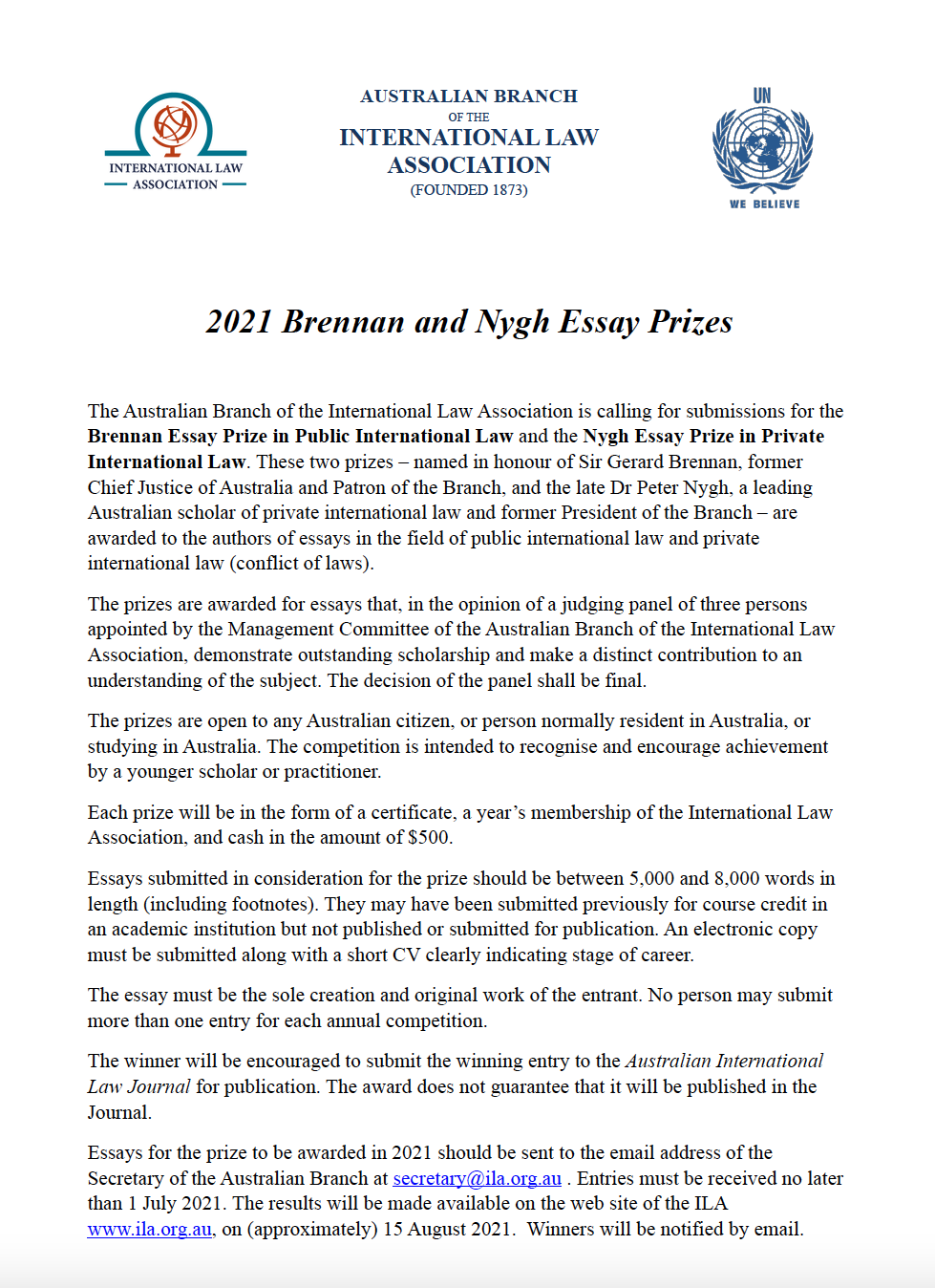The COVID-19 pandemic has been a breakpoint for global health governance, necessitating unprecedented cooperation worldwide. However, the success of global initiatives has been hampered by lack of state interest. This piece investigates why one such initiative, the COVID19 Vaccine Global Access Facility (COVAX), was abandoned by its high-income state supporters, setting out its vision, development and failings. In doing so, this piece seeks to outline issues within the Global North’s approach to multilateral health governance more broadly.
In July 2020, when the development of an effective vaccine against COVID-19 was in sight, assuring timely access to this vaccine became the essential instrument in the Global North’s political toolbox. The UK secured a ‘portfolio’ of vaccines through privately contracting with a number of pharmaceutical manufacturers, while Australian Prime Minister Scott Morrison announced an agreement with AstraZeneca, before this in fact had been finalised. Now, in May 2021, a 40-year-old may be vaccinated tomorrow, by the end of the year, in some years, or has already been vaccinated – depending on their country of residence. Such disparity in access to vaccines is often attributed to the inadequacy of governmental agreements with private companies. However, this analysis presupposes contemporary knowledge of which vaccines indeed proved effective, and glosses over broader issues of vaccine inequity entrenched by global power differentials and healthcare’s commercialisation.
To that end, the COVID-19 Vaccine Global Access Facility (COVAX) appeared a promising solution. Initially floated at the extraordinary G20 meeting in March 2020, and launched by a number of state leaders the following month, COVAX swore to maximise access to vaccines, ensuring populations in all participant countries could soon receive a vaccine. Yet, COVAX remains underfunded, and vaccine nationalism – with states competing to secure doses from manufacturers – stymied its ability to acquire and distribute vaccines. COVAX, set out as a multilateral solution to the COVID-19 pandemic, has been reduced to a vessel for financial contributions to lower-income states; its failure represents a broader failure of collective action, and a continuation of neo-colonialist attitudes towards health governance.

